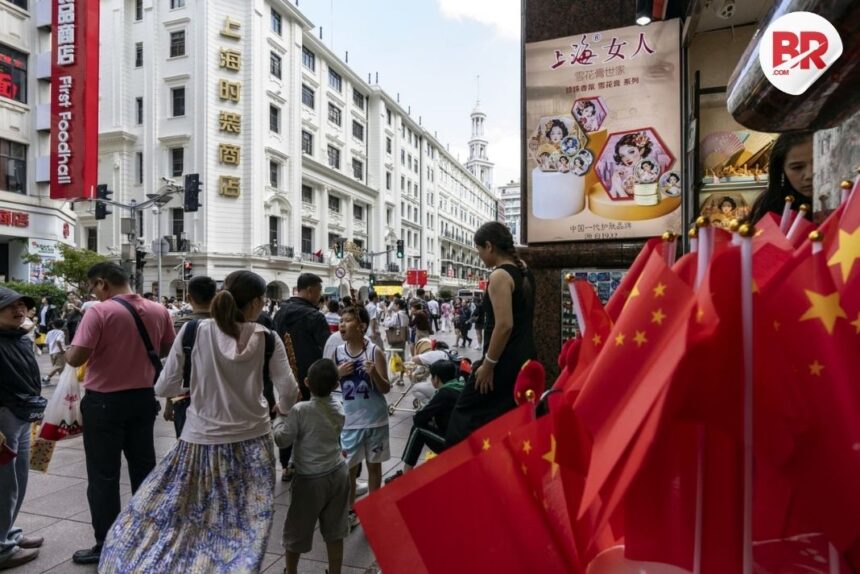
China’s property market is in deep trouble.
Dalian Wanda Group has just agreed to sell 48 massive shopping malls—known as Wanda Plazas—in a $7 billion deal led by private equity giant PAG. These malls include some of the busiest retail hubs in major cities like Beijing and Guangzhou.
The deal is structured through a 50 billion yuan fund. Backers include big names like Tencent, JD.com, and Sunshine Life Insurance. Most of them are long-time Wanda partners. State lenders will reportedly finance 30 billion yuan of the transaction, according to The Paper, a state-run Chinese news outlet.

What does this mean for regular people?
These malls aren’t just buildings—they’re where young Chinese couples meet for dates, sip Starbucks, and do weekend shopping. But now, they’re being sold for bargain prices, sometimes 30% below market value.
The implication? Even China’s most iconic commercial spaces are no longer safe from the country’s property crisis.
Why is Wanda selling?
Wanda’s founder, Wang Jianlin, once China’s richest man, has been on a selling spree since 2016. The company has offloaded over $30 billion in assets, including hotels and cinemas. This latest move is more than just a deal—it’s a distress signal.
According to bond documents, Wanda’s commercial unit faces 40 billion yuan in maturing debt this year. The sales may be Wanda’s only way to avoid default. Bloomberg Intelligence estimates each mall was priced at around 1.5 billion yuan, but some are now going for as low as 1 billion.
Also Read Pentagon Chief: U.S. Ready for Conflict with China if Needed, Seeks Stronger Asian Defense Ties
Investors smell a deal
PAG isn’t new to Wanda. It led a $8.3 billion acquisition last year for a 60% stake in Wanda’s property management arm. That deal brought in heavyweights like the Abu Dhabi Investment Authority and Mubadala.
Now, with prices dropping even lower, these investors are back. It’s a clear signal: China’s real estate is bleeding, but the bold still see profit.
The bigger picture: China’s real estate slump
Despite government efforts to prop up the market, the commercial property sector remains weak. According to MSCI’s 2024 review, the volume of distressed deals is still high, and buyer activity is falling.
Wanda’s fire sale is just the tip of the iceberg.
Final thought:
If one of China’s biggest property giants is this desperate, it’s fair to ask—how bad is the rest of the iceberg? Wanda’s malls were once symbols of China’s rise. Now, they’re trophies in a clearance sale.
It’s not just a business story—it’s a warning sign.
Also Read Tiananmen Crackdown: Hong Kong Activist in Taiwan Refuses to Stay Silent












